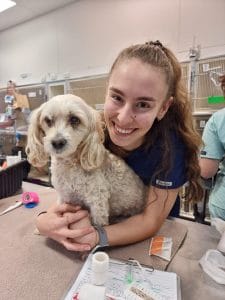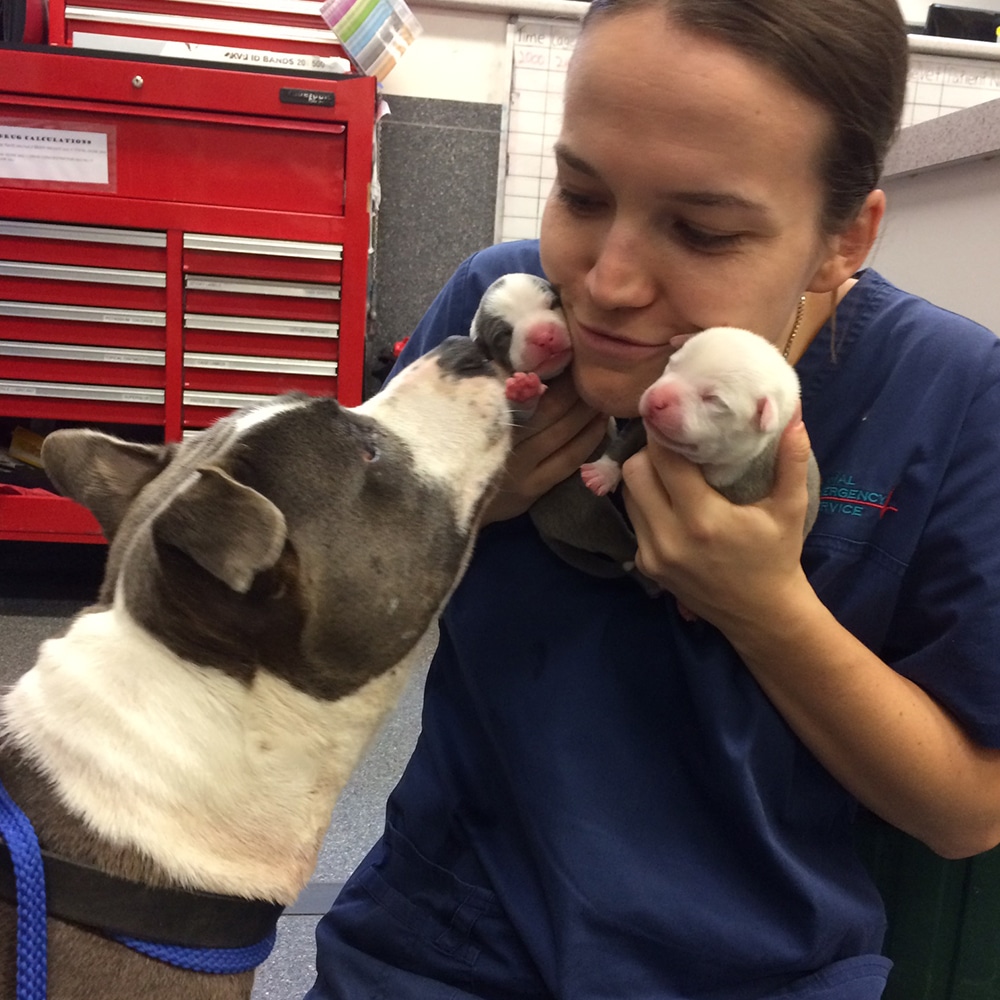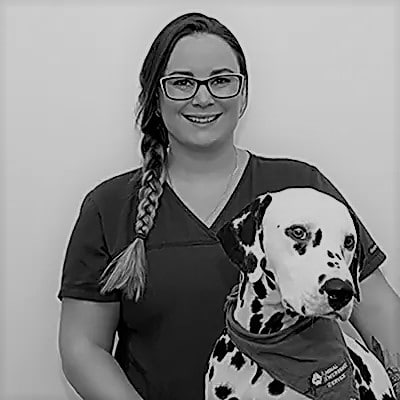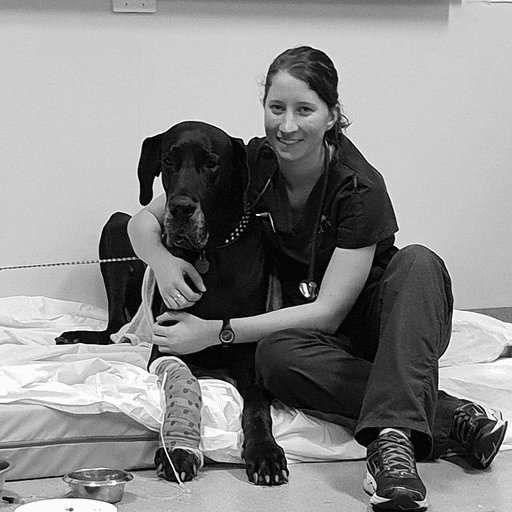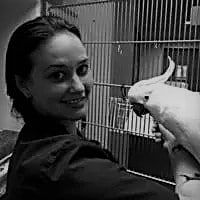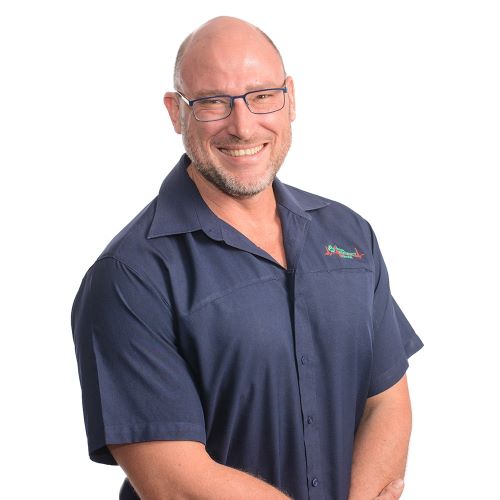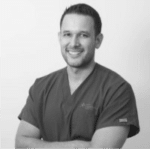Dr Philomena Kwong
BVSc (Hons) MVS (Small Animal Practice)
Dr Philomena Kwong is an emergency vet based at Animal Emergency Service in Underwood, just 30 minutes from Brisbane in Queensland. Having always gravitated to animals for as long as she can remember, Philomena sent her early years in Hong Kong – a concrete jungle where wildlife in most parts of the city was limited to sparrows, pigeons and rats. Philomena used to escape reality by immersing herself in endless animal documentaries.
Philomena’s first real encounter with animals was at her grandmother’s house, who lived in one of the few remaining villages in Hong Kong. It was commonplace for these households to keep cats to keep the mice/ rat population down, and since neutering and spaying wasn’t common practice back then, there was always a lot of unwanted kittens. Cat flu was rampant due to the high level of stress as a result of scarcity of resources and the dense population. Young kittens would often succumb to cat flu and the mortality rate was high. As a child, Philomena felt helpless not being able to do anything. After hearing of veterinarians treating sick animals, she was determined to be a vet one day. At the time, Philomena was six years old.
Originally wanting to volunteer at the University of Queensland Veterinary clinic (St Lucia) when she was a third year vet student, Philomena wasn’t able to do this due to her study workload – mostly during the day. Instead, Philomena started volunteering at an emergency clinic that operated from the same building after hours. When she saw the type of critical and challenging cases, Philomena knew she could never settle for anything less than working in emergency veterinary care.
When asked about her most meaningful case, Philomena was quick to tell us of a cat that presented to her with third degree chemical burns to almost 50% of its body, including some first degree burns to his tongue and a chemical induced pneumonia. “To this day he was one of the most critical patients I have treated; everything was touch and go for the first couple of weeks, not knowing whether he would pull through. It really highlighted to me the importance of practicing gold standard emergency and critical medicine to give our patients the best outcome possible. It took him a little over 8 weeks to recover, including repeat surgeries to remove the devitalised skin. But he made it, and has an impressive scar to tell the tale. Seeing the smile on the owner’s face when this cat finally went home is the reason why I’ll always be an emergency and critical care vet.”

